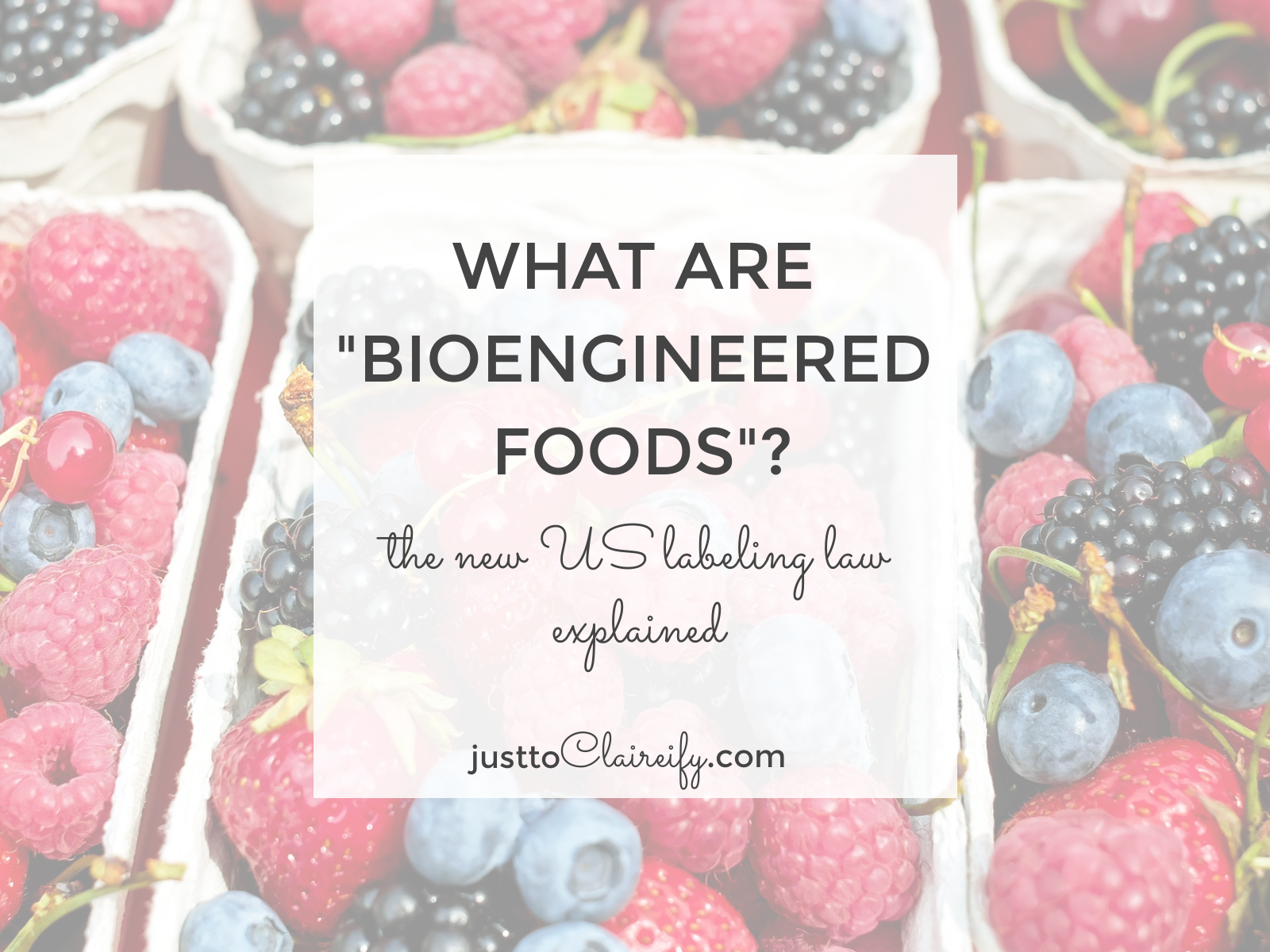 You may have heard about the new law requiring genetically modified foods to be labeled as “bioengineered.” This labeling law went into full effect on New Years Day of 2022. But how does it differ from previous labeling laws, what does it actually mean, and why are some people upset about it?
You may have heard about the new law requiring genetically modified foods to be labeled as “bioengineered.” This labeling law went into full effect on New Years Day of 2022. But how does it differ from previous labeling laws, what does it actually mean, and why are some people upset about it?
Before 2016, there was no federal law in the US requiring food companies to state on packaging whether or not a food contained genetically modified ingredients (source). Some states had labeling laws. From my research, Minnesota did not have a labeling law.
In my personal experience, if food products in MN were labeled as GMO, it was very discreet. Products that weren’t GMO were far more likely to advertise it with a big Non-GMO Project label on the front.
In 2016, the National Bioengineering Labeling Law required all genetically modified food products across the country to be labeled as “bioengineered” starting at the latest on January 1, 2022 (source). However, bioengineered probably doesn’t mean what you think it does.
The law only applies to foods that contain a “detectable amount” of genetically modified material. You’d think this would mean a tiny fraction of a percent, right? Wrong. It’s actually 5% or more genetically modified ingredients (source). It’s similar to the 2000s trans fats labeling law, when food companies only had to list trans fats on the nutrition label when there was 0.5g or more per serving.
In addition, the law doesn’t apply to animal products like meat, eggs and milk from animals fed GMOs; ultra-refined foods like canola oil, as the genetically modified material wouldn’t be detectable; and foods from restaurants or small producers like local shops (source).
Just because a product doesn’t say “bioengineered,” doesn’t mean that it doesn’t contain genetically modified ingredients. That’s why many people are upset—they think the law doesn’t go nearly far enough.
Regardless of whether or not you believe that GMOs are okay to consume, I think we can all agree that this law doesn’t accomplish what GMO labeling advocates wanted and doesn’t help the lack of transparency that already exists in our food industry.
A bit of an information overload today, perhaps—but it’s important to know what’s going on with your food to stay healthy & informed! The bioengineered foods controversy is just another example of why it’s important. to stick to the perimeter of the grocery store, buy from small farms if you can and be extra cautious reading your labels.
xx Claire


